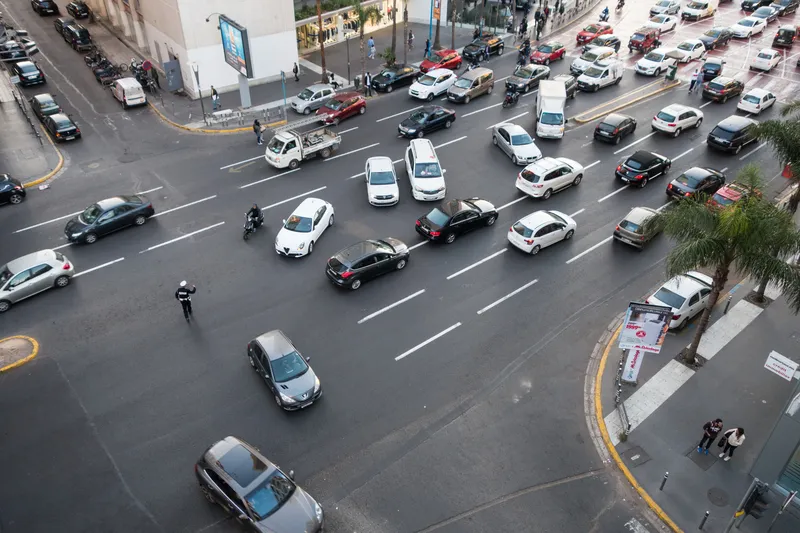
The Geneva-based International Road Federation (IRF) is leading road safety initiatives in Morocco and Pakistan.
It is coordinating private sector companies in both countries in support of the United Nations' Decade of Action for Road Safety (2021-30) which aims to cut road traffic deaths and injuries by at least 50%.
Founding members of the Morocco coalition are Société Nationale des Autoroutes du Maroc (ADM), TotalEnergies Marketing Maroc, Ama Détergent, Derichebourg / Arma, Karama Bus, la Voie Express, MaroTrans, Sahara Logistic Nord (SLN) and Sotragaz.
In Pakistan the companies are Total Parco Pakistan, Toyota Indus Motor Company, Shell Pakistan, Unilever Pakistan, Parco Pearl Gas, Coca Cola Pakistan, Engro Fertilizers and NMC.
In both countries they have adopted a set of values and principles - The Coalition Charter - reinforcing a collective commitment to improving road safety.
The World Health Organisation estimates that road crashes claim 1.35 million lives and injure 50 million people worldwide annually. Most road crashes occur in developing countries where road transport constitutes one of the leading causes of death.
The initiative, which launched in Tanzania earlier in 2021, is supported by the TotalEnergies Foundation.
“The Global Plan for the Decade of Action for Road Safety recognises the significant contribution that the private sector can give in achieving the targets set for the decade," says Susanna Zammataro, IRF director general.
"We are delighted to coordinate this work and to pro-actively engage private sector into collaborative and coordinated initiatives. This will help us step up efforts to save lives."







